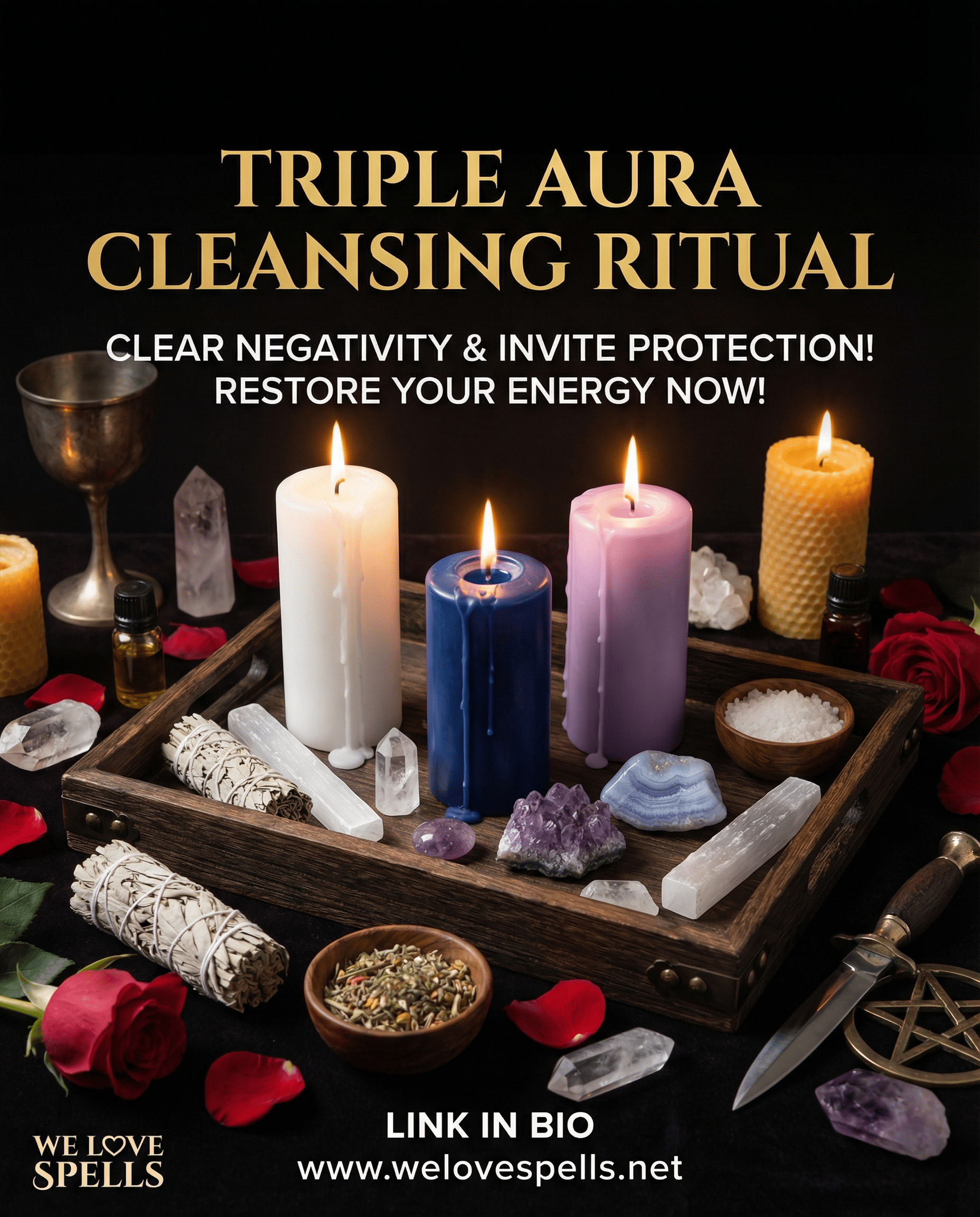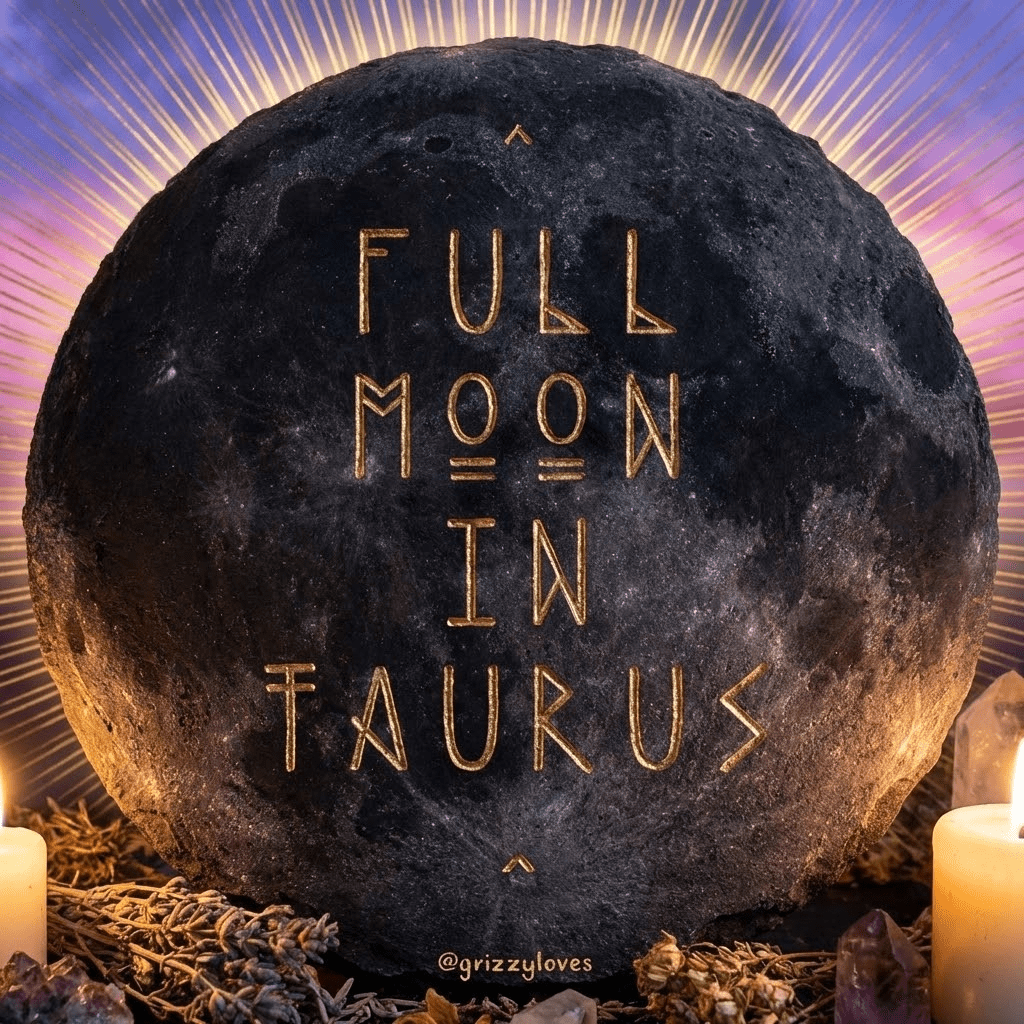The Mysterious World of African Black Magic
How Do Love Spells Work?
- Love spells channel intention, ritual, and ancestral wisdom to align energy for attraction, reconciliation, and long‑term harmony.
- African traditional spirituality blends nature veneration, divination, and sacred rites guided by healers like Sangomas and Babalawos.
- Modern practice focuses on healing, protection, consent, and ethics—not harm—using talismans, prayers, and protective charms.
- Get results faster with experienced practitioners, clear goals, and supportive tools like cleansings and spiritual consultations.
- Below you’ll find step-by-step ritual guidance, FAQs, cultural insights, and a curated way to shop real love spells that work online.
Step into the mystic heart of African black magic—a living tapestry of ancestral rites, healing ceremonies, and protective charms practiced for centuries from Nigeria to the Nile.
This guide unveils sacred traditions, protective talismans, and the profound role of spiritual leaders who bridge the seen and unseen. Whether you seek love, protection, fortune, or transformation, you’ll discover respectful ways these arts support modern life.
Ready to begin? Buy love spells online from verified spell casters, get your ritual started, and invite lasting change.

Origins and Evolution of African Black Magic
Often called African traditional spirituality, these practices reflect millennia of indigenous wisdom. They evolved alongside Islam and Christianity, creating vibrant, living traditions that honor both ancestors and nature.
- Nature veneration: Spirits and energies are believed to reside in rivers, trees, animals, and stars.
- Guides and healers: Spiritual leaders—such as Sangomas and Babalawos—bridge the human and spirit realms for healing, fertility, guidance, and love.
- Cultural blending: Over time, local customs merged with outside influences, shaping modern practice across the continent and diaspora.
Core Practices and Spiritual Arts
African magic isn’t a single system but a collection of sacred arts, each with distinct purposes, rituals, and tools.
- Spellwork: Spoken invocations, symbolic materials, and consecrated actions focus energy to attract love, prosperity, protection, or—rarely—to confront injustice. For passion, explore the Lust for Me Love Spell.
- Divination: Bones, cowries, shells, and cards reveal guidance, clarify choices, and illuminate romantic paths.
- Protection rites: Many traditions emphasize cleansing and shielding to neutralize harmful energies and restore balance.
Legendary Healers, Oracles, and Mystics
Across Africa, revered practitioners serve as guardians and guides.
- Nganga (Central & West Africa): Herbalists and ritual masters who protect communities and resolve spiritual concerns.
- Sangoma (Southern Africa): Ancestral intermediaries known for powerful healing rituals and emotional restoration.
- Babalawo (Yoruba, Nigeria): Ifá priests and oracles who conduct complex ceremonies for love, reconciliation, and protection. Browse our love spells collection for ethically designed options.
How African Spirituality Supports Modern Life
Far from relics, these arts are woven into daily life—offering practical, ethical ways to seek help and personal growth.
- Healing and herbalism: Natural remedies and spiritual work address heartbreak, anxiety, and energetic imbalance.
- Protection and defense: Rituals, amulets, and talismans create spiritual shielding for families and relationships.
- Ceremonies and milestones: Births, marriages, and transitions are guided by rites that strengthen belonging and ancestral bonds.

Featured Spell: Ready When You Are
Prefer a done-for-you ritual? Explore a featured spell below and start today. Get your spell cast by the best spell caster in the world.
Myths, Ethics, and Modern Debate
Films and media often sensationalize “black magic,” but authentic practice prioritizes healing, justice, balance, consent, and cultural respect. Many communities uphold strict ethical codes and focus on restorative outcomes.
- Ethics first: Work is performed with permission and intention to heal—never to harm.
- Legal context: Regulations vary by country; reputable practitioners follow local laws and cultural protocols.
Magic in Pop Culture and the Arts
African spiritual themes inspire global fashion, film, literature, and music—from Afrobeat rhythms to haute couture symbolism. These creative tributes keep ancestral wisdom alive and celebrated.

Curious about love magic? Explore our full collection of love spells that work to open new pathways for your heart.
Spiritual Tourism and Ethical Online Services
- Retreats and pilgrimages: Visitors seek authentic experiences with qualified elders and healers. Always choose verified, respectful guides.
- Digital access: Online consultations and spellwork extend traditions globally while preserving cultural integrity.
- Avoid scams: Work only with platforms that offer transparent credentials and testimonials.

Legends, Spirits, and Magical Lore
Folklore across Africa features ancestral guardians, trickster figures like Anansi, and tales of shapeshifters. These stories teach wisdom, courage, and the importance of balance.
- Shape-shifters and witches: Mythic figures who reveal the power—and responsibility—of transformation.
- Talismans and potions: Heirloom tools believed to bring luck, courage, or heart healing.
- Ancestors and tricksters: Spiritual guides who protect, teach, and remind us to walk with integrity.
Inside a Ritual: Rhythm, Offerings, and Ancestral Blessings
Traditional ceremonies may include offerings, drumming, trance, and sacred possession—moments when benevolent spirits offer guidance and blessings. Rites of passage safeguard the journey from childhood to elderhood.
Modern Adaptations and Digital Evolution
- Urban practice: Ceremonies thrive in cities and villages, blending smartphones with age-old incantations.
- Training and mentorship: Programs help protect authentic lineages and develop ethical practitioners.
- Online ritual work: Remote cleansings, readings, and spellwork connect seekers with trusted experts worldwide.
Love and Relationship Magic: Real-Life Impact
For centuries, seekers have turned to love magic to heal rifts, rekindle passion, and deepen commitment. Clients often report renewed trust, calm communication, and stronger emotional bonds.
For deep reconciliation, consider the Reconciliation Love Spell. To strengthen and protect your bond, the Love Binding Spell is a popular choice.
Magical Tools: Talismans, Amulets, and Charms
Every item—cowries for divination, beads for protection, carved amulets for love—is imbued with prayers and blessings. These sacred tools serve as vessels for intention, focus, and protection.
- Protection talisman for warding negativity
- Reconciliation charm for calming tensions
- Attraction amulet for confident magnetism
When to Seek Magical Help
These arts support both crossroads and everyday challenges:
- Healing after heartbreak or betrayal
- Drawing in aligned love or mending a close friendship
- Removing negative energies and recurring patterns
- Enhancing intimacy, trust, and emotional safety
Explore our curated love spells collection to find the right fit for your situation.
How to Choose the Right Spell or Practitioner
Look for clear guidance, transparent credentials, and real testimonials. Reputable services emphasize consent, ethics, and holistic well‑being—never coercion or harm.
For reigniting passion with respect and care, consider the Lust for Me Love Spell performed by experienced casters.
Get a Live Reading Before Your Spell
Not sure which path to choose? Chat with a live psychic to clarify intentions and timelines before you commit to a ritual.
What Clients Are Saying
How It Works: A Respectful Attraction Candle Ritual
What you’ll need
- 1 red candle (love and vitality)
- Small bowl of clean water
- Pinch of honey or sugar (sweetening energy)
- Rose petals or a rose quartz
- White cloth for a clean altar space
- Matches or lighter
Steps
- Prepare the space: Lay the white cloth, place the candle in the center, water to the right, and the rose petals in front.
- Set intention: Speak your desire aloud in present tense (loving, consensual, and for the highest good).
- Sweeten the path: Dab a tiny bit of honey on the candle, visualizing warm, mutual affection.
- Light and focus: Light the candle. Breathe slowly for 7 cycles, envisioning the relationship you wish to attract or heal.
- Seal and release: Thank your ancestors and spirits of love. Let the candle burn safely or snuff it and relight for 7 nights.
To accelerate results with professional support, consider a tailored working like the Reconciliation Love Spell.
About the Author
Spellcaster Belinda is a spiritual consultant with 20+ years of experience in African-inspired ritual practice, divination, and relationship healing. She has guided thousands of clients with ethical, consent‑based work focused on love, protection, and emotional restoration. Her approach blends traditional wisdom with compassionate, modern guidance.
Frequently Asked Questions
-
What is African black magic?
It’s a family of indigenous African spiritual practices—rituals, herbalism, divination, and ancestral reverence—used for love, healing, guidance, and protection. -
Is it only about curses or harm?
No. Responsible practitioners prioritize healing, justice, consent, and balance. Most work centers on love, wellness, and protection. -
Do love spells really work?
Many clients report positive shifts when combining clear intention, ethical spellwork, and supportive actions. Results vary by situation. -
How long do results take?
Timelines vary—some feel changes within days; others unfold over weeks. Consistency and clarity help. -
How do I choose the right spell?
Match the spell to your goal and values, read reviews, and seek guidance. Start with our curated love spells collection.
Your desires are sacred. With ethical guidance and time‑honored ritual, you can invite love, peace, and confidence into your life.
Start your magical journey now—choose a spell, set your intention, and let the work begin.
🔴 Need Clarity on your Situation?




